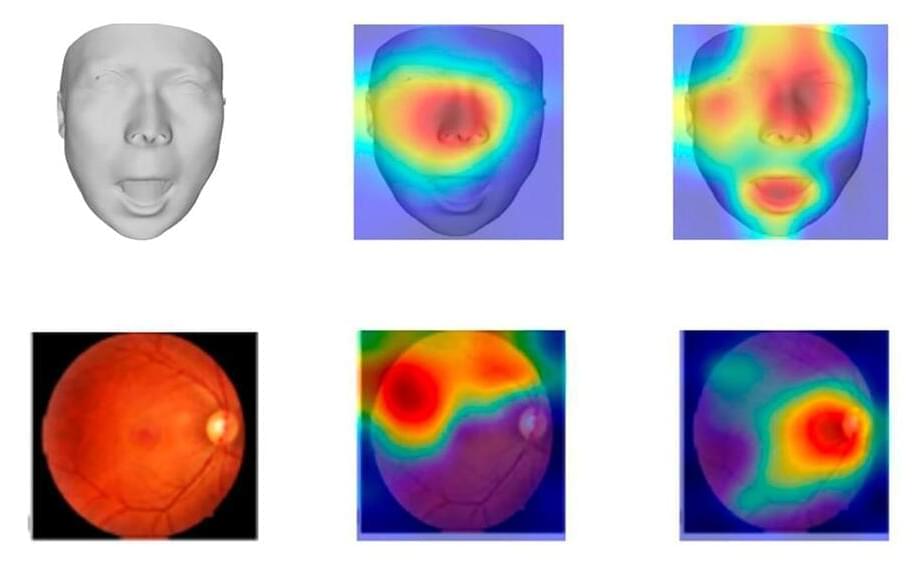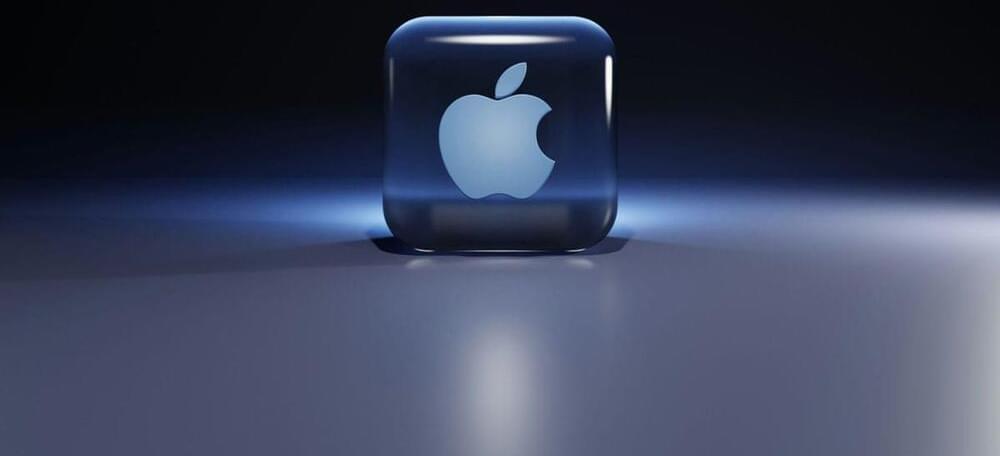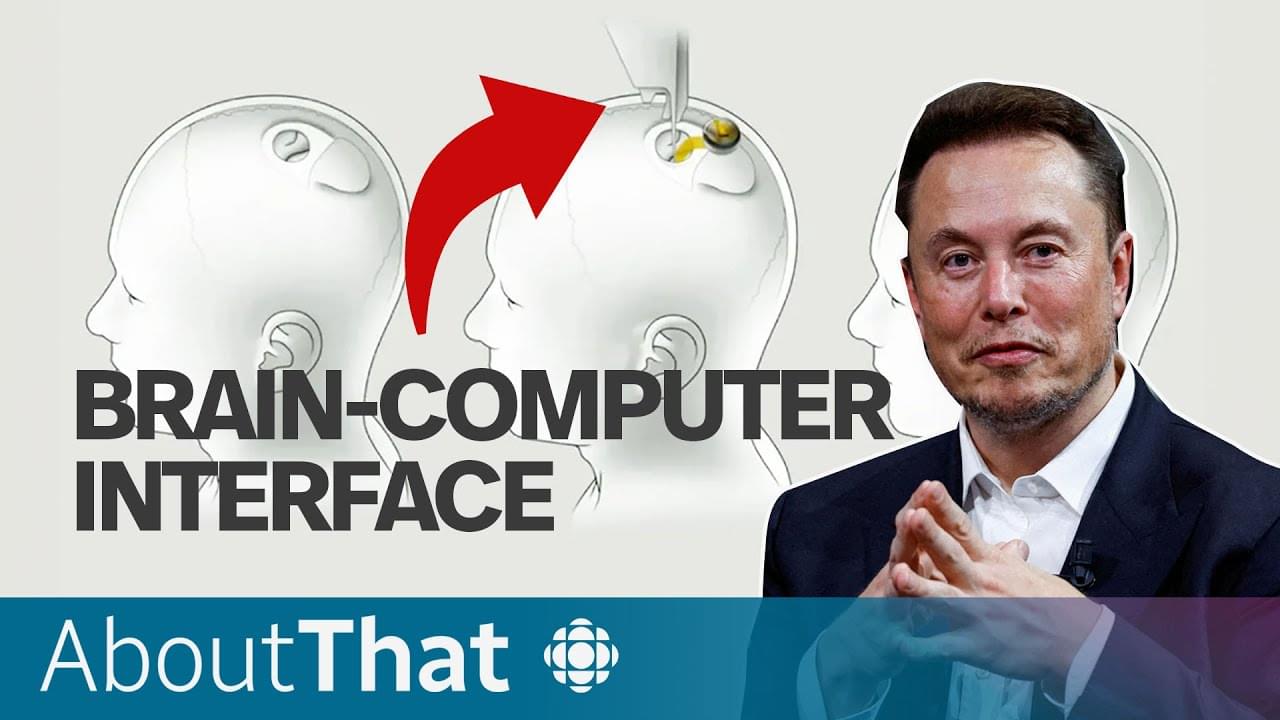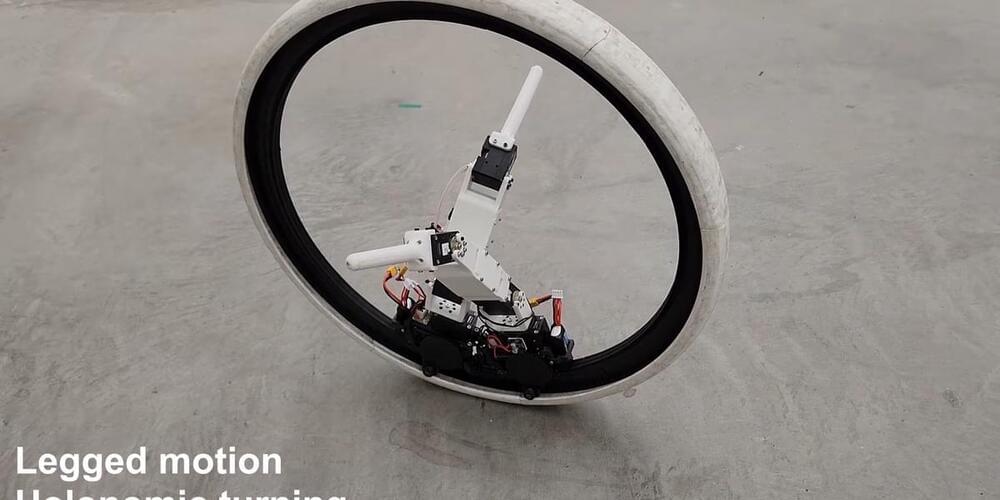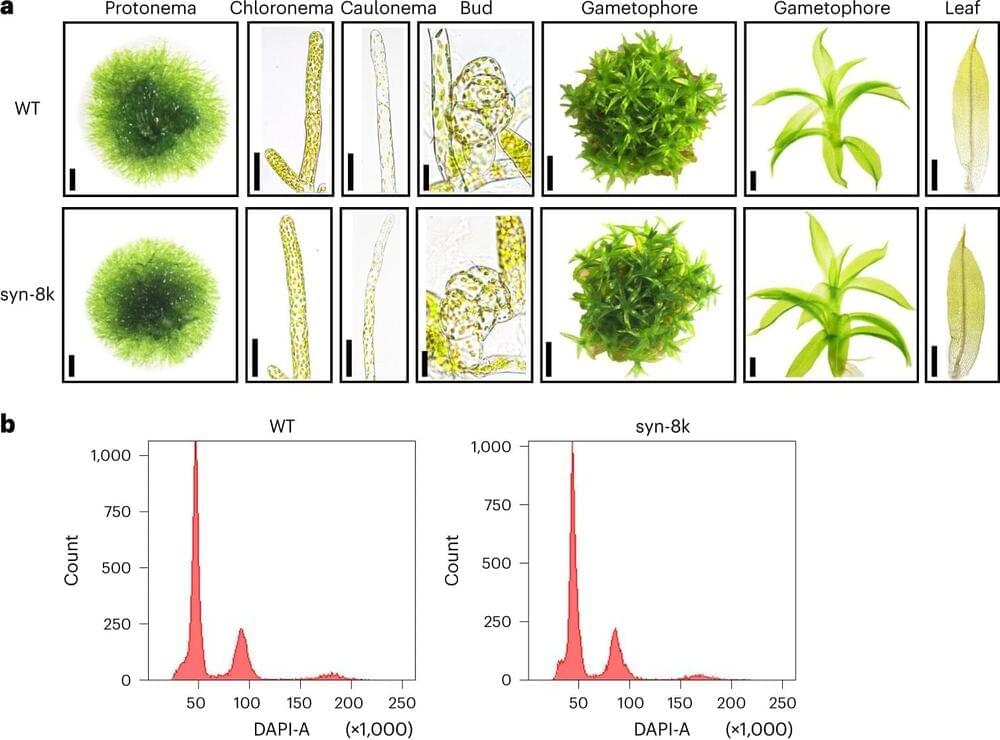A new tool that uses images of your face, tongue, and retina, could help gauge your risk of developing chronic diseases.
Ask any parent, and they’ll tell you that one of — if not the — biggest challenges facing them is trying to decipher a newborn’s anguished cries in the middle of the night. Is the baby hungry? Does she have an upset stomach, or is she in the throes of colic? Maybe the poor girl needs to poop?
The only thing worse than feeling helpless in the face of such unreadable emotions is trying everything and still having no idea what’s wrong or how to ease their baby’s discomfort. Such a dilemma, mixed with a lack of quality sleep, can easily slide into feelings of inadequacy, frustration, and depression.
To help parents find peace of mind and a more restful night’s sleep, the startup Cappella has gathered a team of MIT, Berkeley, and Stanford engineers to help parents answer those inscrutable midnight questions. The team developed an app that detects baby sounds and then translates them so parents know what’s wrong. And the app runs on technology that’s already available in most U.S. homes.
A new report says that Apple bought “up to” 32 AI startups in 2023, more artificial intelligence acquisitions than any other tech giant.
The first human patient has received an implant from Neuralink, Elon Musk’s computer-brain interface company. Andrew Chang explores the complexity of the N1 implant, how it’s working in clinical trials, and what Neuralink is trying to achieve with the device.
»»» Subscribe to CBC News to watch more videos: http://bit.ly/1RreYWS
Connect with CBC News Online:
For breaking news, video, audio and in-depth coverage: http://bit.ly/1Z0m6iX
Follow CBC News on TikTok: https://bit.ly/3TnHioe.
Follow CBC News on Twitter: http://bit.ly/1sA5P9H
Find CBC News on Facebook: http://bit.ly/1WjG36m.
Follow CBC News on Instagram: http://bit.ly/1Z0iE7O
Download the CBC News app for iOS: http://apple.co/25mpsUz.
Download the CBC News app for Android: http://bit.ly/1XxuozZ
»»»»»»»»»»»»»»»»»»
Video Friday is your weekly selection of awesome robotics videos, collected by your friends at IEEE Spectrum robotics. We also post a weekly calendar of upcoming robotics events for the next few months. Please send us your events for inclusion.
Cybathlon Challenges: 2 February 2024, ZURICH ICRA 2024: 13–17 May 2024, YOKOHAMA, JAPAN
Enjoy today’s videos!
Researchers used a rubbery polymer to make a new electrolyte membrane that is less likely to crack and lasts 1.7 times longer than before.
BYD’s announcement of a substantial upgrade to its intelligent driving system signals a notable advancement in its efforts to improve this technology. Scheduled for March 30th, this update signifies a significant step forward for BYD in the realm of advanced driver assistance systems (ADAS). The upgrade will further enhance its Navigation On Autopilot (NOA) or its internally known Urban Navigation Assistance (UNA) system in cities across China.
The upgrade was alluded to in 2023 with the BYD Denza N7 with its advanced lidar system and came on the heels of recent improvements to Xpeng’s XNGP intelligent driving system. Telsa has also been a strong competitor in the intelligent driving race, with announcements last year aiming to improve its FSD system. According to sources, the initial rollout of BYD’s Urban Navigation Assistance (UNA) system is slated for March 30th, starting with the N7 model among its existing lineup of over 20 vehicles.
A Chinese team of life scientists, microbiologists, plant researchers and seed designers has developed a way to grow engineered moss with partially synthetic genes. In their project, reported in the journal Nature Plants, the group engineered a moss that is one of the first living things to have multiple cells carrying a partially artificial chromosome.
Several research projects have been working toward the goal of creating plants with synthetic genes —such plants could be programmed to produce more food, for example, or more oxygen, or to pull more carbon dioxide from the air. Last year, one team of researchers developed a way to program up to half of the genome of yeast cells using synthetic genes.
In this new effort, the team in China upped the ante by replacing natural moss genes with genes created in a lab—moss is far more genetically complex than yeast. They call their project SynMoss.
A coating that can hide objects in plain sight, or an implant that behaves exactly like bone tissue—these extraordinary objects are already made from “metamaterials.” Researchers from TU Delft have now developed an AI tool that not only can discover such extraordinary materials but also makes them fabrication-ready and durable. This makes it possible to create devices with unprecedented functionalities. They have published their findings in Advanced Materials.
The properties of normal materials, such as stiffness and flexibility, are determined by the molecular composition of the material, but the properties of metamaterials are determined by the geometry of the structure from which they are built. Researchers design these structures digitally and then have it 3D-printed. The resulting metamaterials can exhibit unnatural and extreme properties. Researchers have, for instance, designed metamaterials that, despite being solid, behave like a fluid.
“Traditionally, designers use the materials available to them to design a new device or a machine. The problem with that is that the range of available material properties is limited. Some properties that we would like to have just don’t exist in nature. Our approach is: tell us what you want to have as properties and we engineer an appropriate material with those properties. What you will then get is not really a material but something in-between a structure and a material, a metamaterial,” says Professor Amir Zadpoor of the Department of Biomechanical Engineering.
The first Hyundai plant dedicated to building EVs and batteries in the US will be open as soon as this October. According to Hyundai Motor America CEO Jose Munoz, the brand is “pulling ahead” to gain eligibility for the $7,500 EV tax credit.
Hyundai began construction on its massive $7.6 billion EV megaplant in Georgia in October 2022. A year later, the company announced that 99.9% of the foundation work was complete as it fast-tracked construction.
The site “is advancing ever day,’” according to Oscar Kwon CEO of the Hyundai Motor Group Metaplant America (HMGMA).
